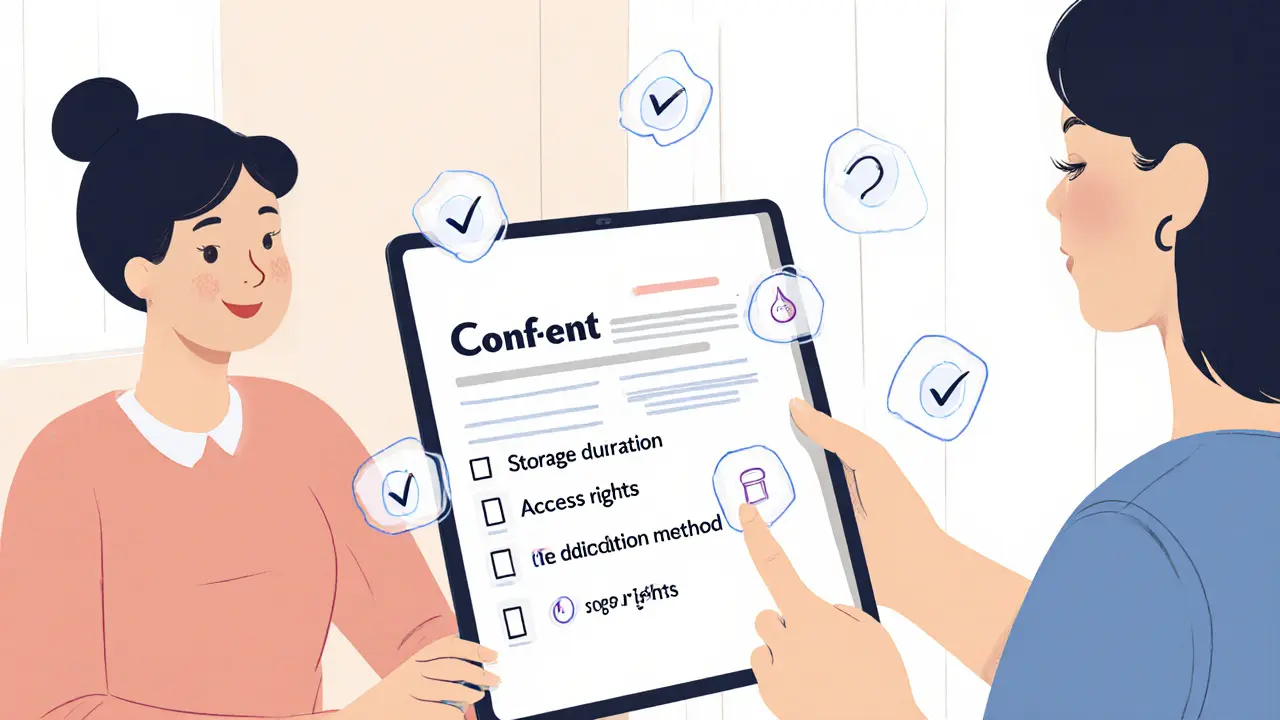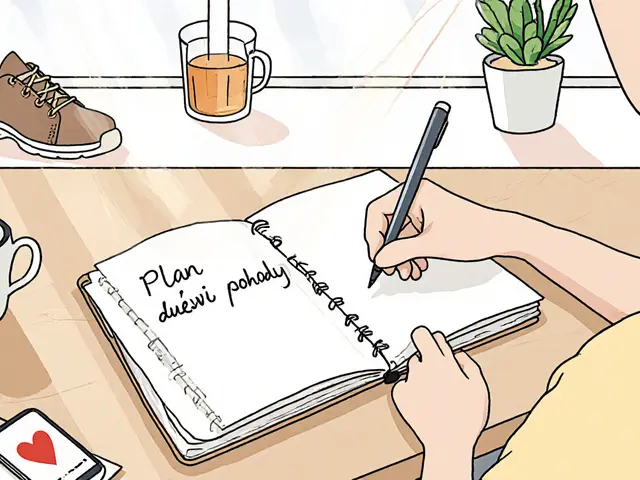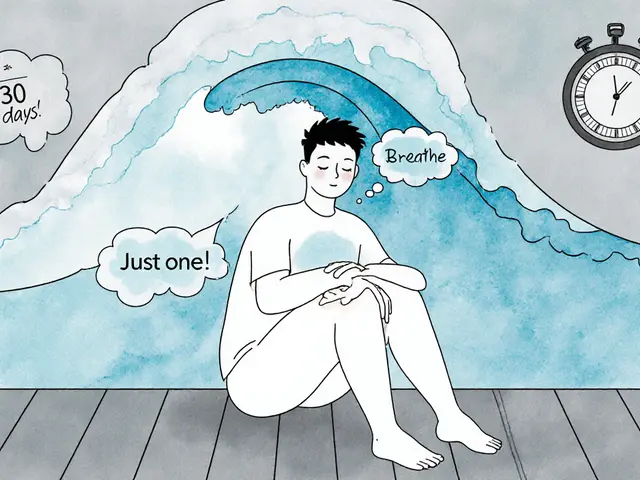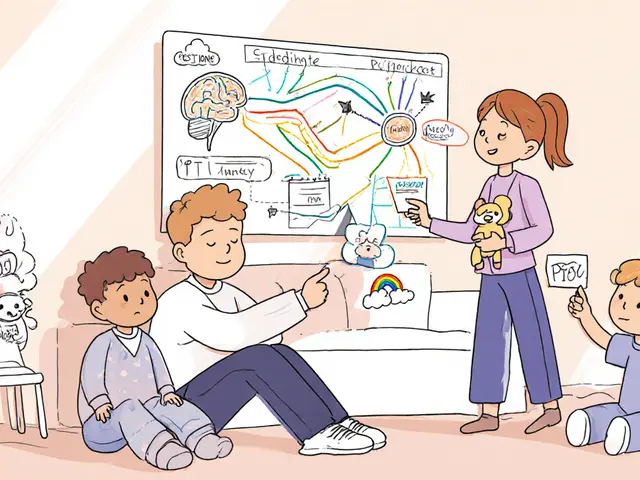GDPR psychoterapie: Co musíte vědět o ochraně dat u terapeuta
When you visit a therapist, you share things no one else knows. That’s why GDPR psychoterapie, právní rámec, který řídí, jak se zpracovávají osobní údaje v zdravotnictví a psychoterapii v EU. Also known as Obecné nařízení o ochraně osobních údajů, it ensures your notes, recordings, and even your email messages with your therapist are handled with strict confidentiality. This isn’t just bureaucracy—it’s your right to privacy in a space where vulnerability is the norm.
Therapists in the Czech Republic must follow GDPR like a rulebook. That means they can’t just store your files on a random USB drive or send session notes via WhatsApp. They need secure systems, clear consent forms, and a plan for what happens if data gets leaked. You have the right to ask for a copy of your records, to correct them, or even to ask them to be deleted—unless the law says they must keep them for a certain time (usually 10 years after therapy ends). And yes, your therapist must tell you in plain language how they use your data, who has access, and how long they keep it. If they don’t, that’s a violation.
What about group therapy or supervision? GDPR still applies. Even if your therapist talks about your case with a supervisor, your identity must be protected. Names, addresses, and specific details are usually anonymized. And if your therapist uses cloud tools or apps for scheduling or notes, they must ensure those platforms are GDPR-compliant too. You’re not expected to be an IT expert—but you are entitled to know your data isn’t being handled carelessly.
Some therapists still treat GDPR like a formality they fill out and forget. But the best ones make it part of their daily practice. They explain it clearly during your first session. They give you a written privacy notice. They don’t leave your file open on a screen when someone walks in. They don’t discuss your case in the elevator. These aren’t just rules—they’re signs of a professional who respects you.
And if you’re worried about your data being shared with insurance companies? GDPR gives you control. You must give explicit consent before your therapist sends any medical records to VZP or other payers. No hidden clauses. No pressure. Just a clear yes or no from you.
GDPR psychoterapie isn’t about making therapy harder. It’s about making it safer—for you. It turns the power imbalance between therapist and client into a partnership built on trust and transparency. When you know your data is protected, you can focus on what really matters: healing.
In the posts below, you’ll find practical guides on how therapists handle your information, what to ask during your first session, how to spot unprofessional data practices, and what to do if you feel your privacy was broken. No theory. Just what works in real therapy rooms across Liberec and beyond.
Pravidla pro nahrávání online sezení psychoterapie: Etika a souhlas v České republice
Nahrávání online psychoterapie je možné jen s písemným souhlasem klienta a přísným dodržováním GDPR. Zjistěte, jaká pravidla platí v ČR, jaké techniky používat a proč 89 % klientů ocení nahrávky - pokud jsou správně zajištěny.
Zobrazit více




